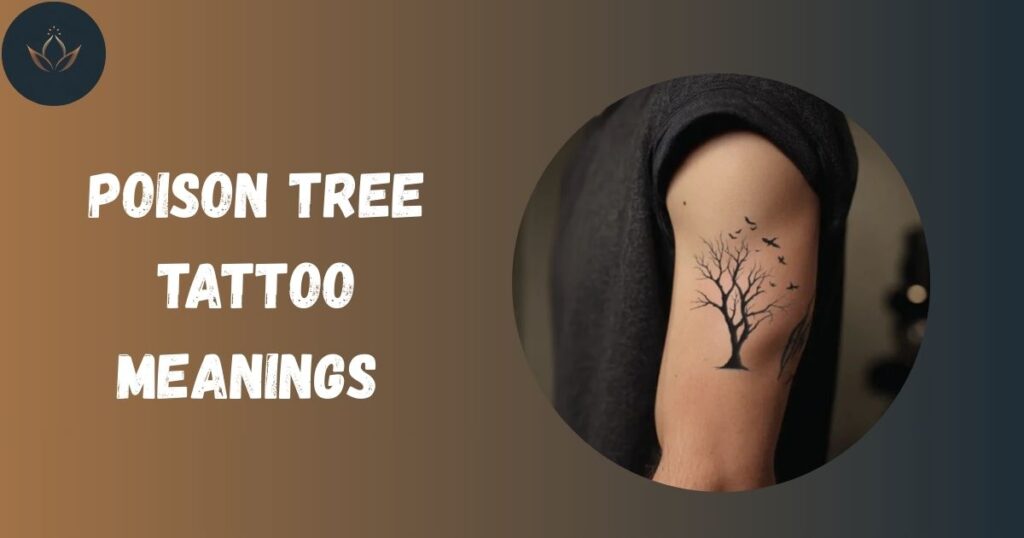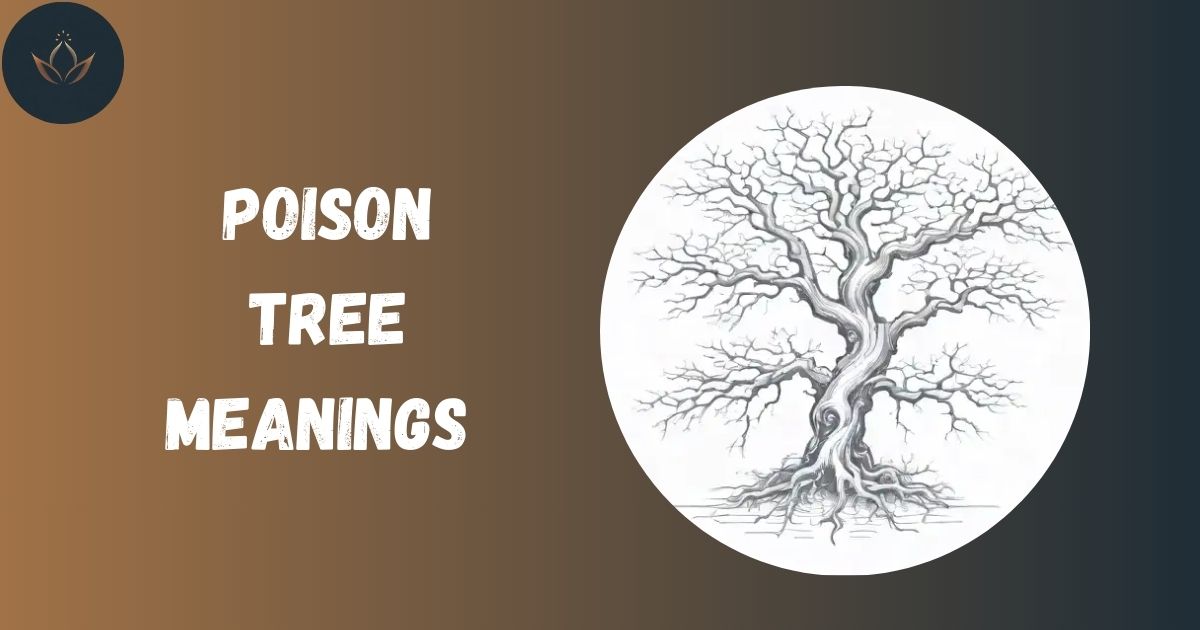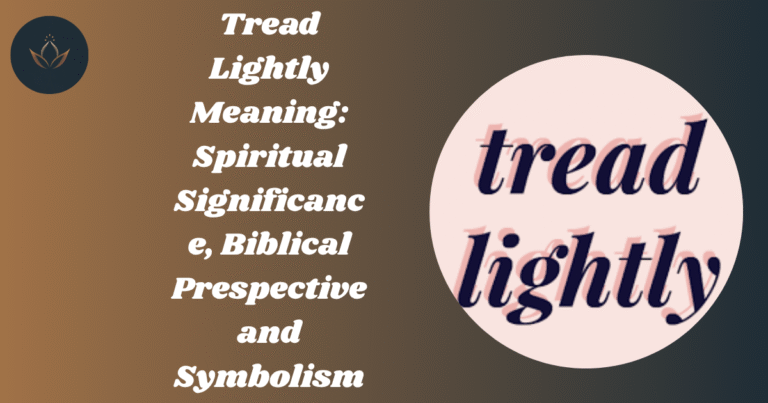Biblical Poison Tree Meanings: Symbolism, and Hidden Lessons
The concept of Poison Tree Meanings goes beyond mere botany; it symbolizes the consequences of unresolved anger and hidden resentment. Understanding the Poison Tree Meanings can offer profound insights into our relationships and emotional well-being. In this article, we will explore the origins of this metaphor, its significance in literature, and psychology.
This powerful metaphor serves as a reminder of the dangers of unexpressed anger and bitterness. The idea of the Poison Tree encapsulates how suppressed emotions can fester and ultimately harm us and those around us. Poison Tree Meanings reveals its relevance to personal growth and relationship dynamics.
Origin of Poison Tree

The origin of the concept of a “Poison Tree” can be traced back to the works of William Blake, particularly his poem “A Poison Tree,” which delves into the destructive nature of suppressed anger and unresolved conflict. Blake illustrates how nurturing negative emotions can lead to toxic outcomes. It touches on societal issues where grievances left unaddressed fester and evolve into larger conflicts.
This poem serves as a powerful symbol for understanding the meanings behind our emotional responses. It prompts readers to reflect on how harboring resentment can create barriers, leading to isolation and bitterness. This encourages us to confront our feelings, fostering healthier communication and emotional well-being.
Symbolism of the Poison Tree
This poem delves deep into the complexities of human emotions and relationships. Origin of the Poison Tree reflects how unresolved anger can fester and grow, transforming into something toxic. This imagery serves as a poignant reminder that harboring resentment not only affects our mental state but can also lead to destructive consequences for those around us.
The poison tree itself becomes a metaphor for the hidden dangers of unexpressed feelings, illustrating how nurturing negative emotions can ultimately bear harmful fruit. The tree invites readers to contemplate the duality of human nature. It highlights the importance of communication and transparency in relationships.
The act of nurturing positive emotions creates a space for growth and understanding. Engaging with this symbolism encourages us to examine our own emotional landscapes, urging a shift away from silence and secrecy towards openness and dialogue.
Poison Tree Tattoo Meanings
The Poison Tree represents the duality of human emotions. It embodies the idea of nurturing toxic feelings of anger, resentment, or betrayal that can ultimately lead to personal growth and transformation. This paradox highlights the importance of confronting one’s inner turmoil rather than allowing it to fester in silence. A Poison Tree tattoo serves as avisual reminder that negative emotions can be destructive.

They provide fertile ground for self-awareness and healing when acknowledged and addressed. It can symbolize the delicate balance between beauty and danger. Its intricate branches and vibrant leaves may represent life’s allure. Many wearers choose this design to signify their journey through adversity, illustrating how they’ve turned pain into power.
Poison Tree Meanings in the Bible
Poison Tree Meanings in the Bible uncover profound allegorical layers that extend beyond mere imagery. The poison tree often symbolizes the consequences of unresolved anger and bitterness. The concept resonates with the teachings of Jesus, emphasizing the importance of love and forgiveness.
A poison tree serves as a reminder that harboring negative feelings can choke our spiritual growth, much like weeds choking a flourishing garden. By recognizing these toxic emotions and choosing to uproot them through grace and reconciliation, we align ourselves with divine wisdom and cultivate a more fruitful existence.
Why Choosing the Right Placement Matters?
The significance of choosing the right placement, especially in contexts like gardening or even metaphorical life choices, cannot be overstated. It becomes clear that placement affects not only the aesthetic but also the health and growth of what we nurture. A tree planted in the wrong environment may thrive initially but ultimately become stunted or toxic, much like decisions we make in life.
Placement can serve as a powerful metaphor for our personal and professional lives. Just as a poison tree may symbolize hidden resentments or unresolved issues, the right placement allows us to cultivate resilience and positivity. Positioning yourself within a supportive network, where your potential can flourish rather than be overshadowed by negativity.
Biblical Significance of Poison Tree
In the Bible, the imagery of a “poison tree” often serves as a powerful metaphor for the consequences of sin and spiritual corruption. The notion underscores how unhealthy spiritual practices and choices can bear fruit that harms not only the individual but also the wider community.
In Matthew 7:17-20, Jesus teaches that “every good tree bears good fruit, and a bad tree bears bad fruit.” This highlights that our thoughts, actions, and intentions can be likened to trees that either nurture life or produce spiritual poison.
Conclusions
Poison Tree Meanings serves as a powerful reminder of the consequences of harboring negative emotions such as anger and resentment. It illustrates how unchecked feelings can grow and ultimately lead to destructive outcomes, both for ourselves and those around us.
FAQs
What does the poison tree symbolize?
The poison tree is a powerful symbol that represents the consequences of unresolved anger and the toxic effects of harboring negative emotions.
What is the metaphor of the poison tree?
The metaphor of the “poison tree” originates from the poem “A Poison Tree” by William Blake, and it symbolizes the destructive nature of repressed anger and unresolved conflict.
Why is it called A Poison Tree?
The title itself symbolizes the toxic consequences of allowing negative feelings to fester rather than addressing them openly.
What is the poison tree a metaphor for?
The “Poison Tree” is a metaphor for the destructive nature of repressed emotions, particularly anger and resentment.







